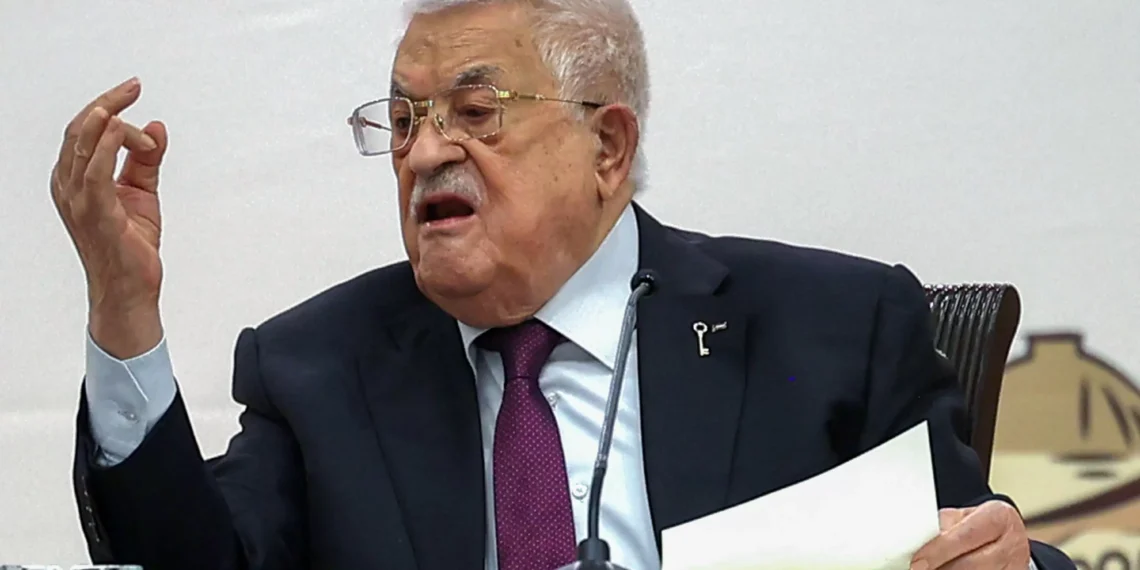Palestinian factions publicly fell out this week after Palestinian Authority President Mahmoud Abbas called on Hamas to release all Israeli hostages and lay down its arms, prompting a strong response from the militant group.
The rift between the two Palestinian factions, Fatah and Hamas, has been ongoing for years, but this latest development has brought it to the forefront once again. President Abbas, who leads Fatah, made the call for Hamas to release all Israeli hostages and disarm during a speech at the United Nations General Assembly in New York.
In his speech, President Abbas stated that the Palestinian Authority is committed to a peaceful resolution of the conflict with Israel and that the use of violence and armed resistance will only harm the Palestinian cause. He called on Hamas, the ruling party in the Gaza Strip, to follow the path of peace and join forces with Fatah in the pursuit of a two-state solution.
This call for disarmament and release of Israeli hostages was met with a strong response from Hamas. The group’s spokesperson, Fawzi Barhoum, accused President Abbas of betraying the Palestinian people and their legitimate right to resist the Israeli occupation. He also stated that Hamas will not lay down its arms and will continue to defend the Palestinian people.
This public falling out between the two factions has highlighted the deep divisions within Palestinian society. While Fatah and Hamas have both been fighting for Palestinian rights, their approaches have been vastly different. Fatah has pursued a diplomatic and political path, while Hamas has resorted to armed resistance.
The split between Fatah and Hamas dates back to 2007 when Hamas took control of the Gaza Strip in a violent coup, ousting Fatah from power. Since then, the two factions have been at odds, with multiple attempts at reconciliation failing.
The recent call for disarmament and release of Israeli hostages by President Abbas has once again brought to light the fundamental differences between Fatah and Hamas. While Fatah believes in peaceful negotiations and a two-state solution, Hamas refuses to recognize Israel’s right to exist and continues to use violence against the Israeli state.
This public disagreement between the two factions is a setback for the Palestinian cause, as it presents a divided front to the international community. It also raises concerns about the future of the Palestinian people and their struggle for statehood.
However, amidst the tensions and disagreements, there is still hope for reconciliation. President Abbas has stated that he is willing to engage in dialogue with Hamas and other Palestinian factions to find a common ground. He has also called on the international community to support the Palestinian cause and put pressure on Israel to end its occupation of Palestinian territories.
It is crucial for all Palestinian factions to come together and present a united front in their pursuit of statehood. The Palestinian people have suffered for far too long, and it is time for their leaders to put aside their differences and work towards a common goal.
The international community also has a significant role to play in this conflict. They must support the Palestinian people’s right to self-determination and put pressure on Israel to end its occupation and human rights violations.
In conclusion, the public falling out between Fatah and Hamas is a setback for the Palestinian cause, but it also presents an opportunity for reconciliation. President Abbas’s call for disarmament and release of Israeli hostages may have caused a rift between the two factions, but it also highlights the need for unity and a common approach in the pursuit of statehood. It is time for all Palestinian factions to come together and work towards a peaceful resolution of the conflict with Israel.







